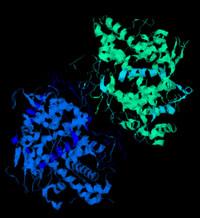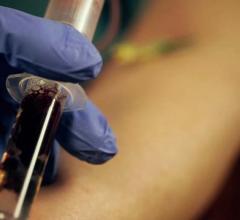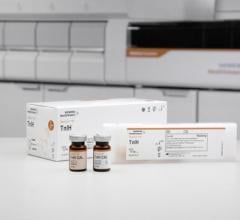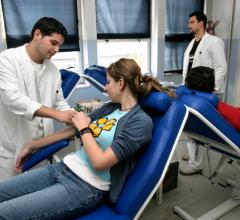
August 24, 2011 — Cleveland HeartLab Inc. (CHL), a specialty clinical laboratory and disease management company, announced the completion of an $18.4-million Series B financing round. The rapidly growing company hopes to further accelerate market adoption of its advanced approach to assessing cardiovascular disease risk using biomarkers of inflammation. This approach includes the company’s CardioMPO test for circulating myeloperoxidase, the anchor of its proprietary inflammation panel.
The five-biomarker inflammation panel offers broader prognostic coverage than traditional blood tests, enabling physicians to determine if and to what degree their patients are at risk for cardiovascular disease. Each test assesses a distinct pathway for identifying those individuals at greater risk of heart attack or stroke.
CHL’s unique approach is focused on the most pervasive and deadly health problem in the United States. More than 81 million Americans have developed some form of cardiovascular disease, and 750,000 Americans die each year from heart disease and stroke.
The financing round will enable CHL to expand its menu of tests with new proprietary biomarkers already in production and aggressively evaluate and in-license new biomarkers. The company plans to triple the footprint of its operations in Cleveland’s Health-Tech Corridor to meet the growing demand for current tests and better support its new product development biomarker program.
“CHL’s current panel of inflammation-related biomarkers allows physicians to better define those patients at risk for heart attack, stroke, and other cardiovascular events, as well as enabling them to determine where patients are on the spectrum of cardiovascular disease risk,” said Marc S. Penn, M.D., Ph.D. He is a leading cardiovascular researcher and cardiologist who serves as the company’s chief medical officer and is director of research at the Summa Cardiovascular Institute in Akron, Ohio. “The new biomarkers in our pipeline will further refine patient risk assessment and offer physicians new tools to better monitor treatment.”
Biomarkers slated for future commercialization include dysfunctional HDL, which the company will launch in early 2012. CHL’s dysfunctional HDL test will allow physicians to measure whether the “good” cholesterol HDL is functioning normally and lowering the “bad” cholesterol LDL as it should. This will enable them to better tailor patient treatment.
For more information: www.clevelandheartlab.com


 October 09, 2019
October 09, 2019 









